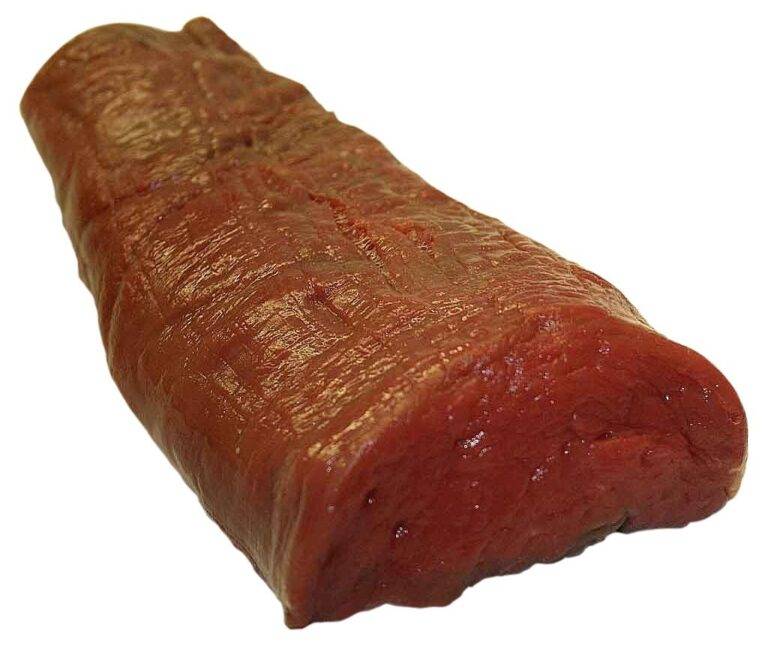The Future of Food Waste Management: Innovative Solutions for a Sustainable Future
One of the primary challenges in current food waste management practices is the lack of standardized guidelines and regulations across different regions. This inconsistency makes it difficult for businesses and organizations to effectively implement sustainable waste management strategies. Additionally, the complex nature of the food supply chain often leads to inefficiencies in waste handling and disposal processes.
Another major challenge is the limited awareness and education among consumers regarding the impact of food waste on the environment and economy. Many individuals are unaware of the consequences of throwing away perfectly edible food, contributing to the growing food waste crisis. Addressing this lack of awareness through education and outreach initiatives is crucial in improving food waste management practices on a broader scale.
Advancements in Technology for Food Waste Reduction
One promising advancement in food waste reduction technology is the development of smart sensors and data analytics systems. These technologies help monitor and track food storage conditions, allowing for timely interventions to prevent food spoilage. By providing real-time data on temperature, humidity, and shelf life, these systems enable businesses to optimize their inventory management and reduce food waste significantly.
Additionally, the introduction of composting machines equipped with microbial decomposition technology has revolutionized the way food waste is managed. These machines accelerate the natural decomposition process by providing an ideal environment for microorganisms to break down organic waste efficiently. By converting food scraps into nutrient-rich compost within hours, these machines offer a sustainable solution for diverting food waste from landfills and promoting circular economy practices.







